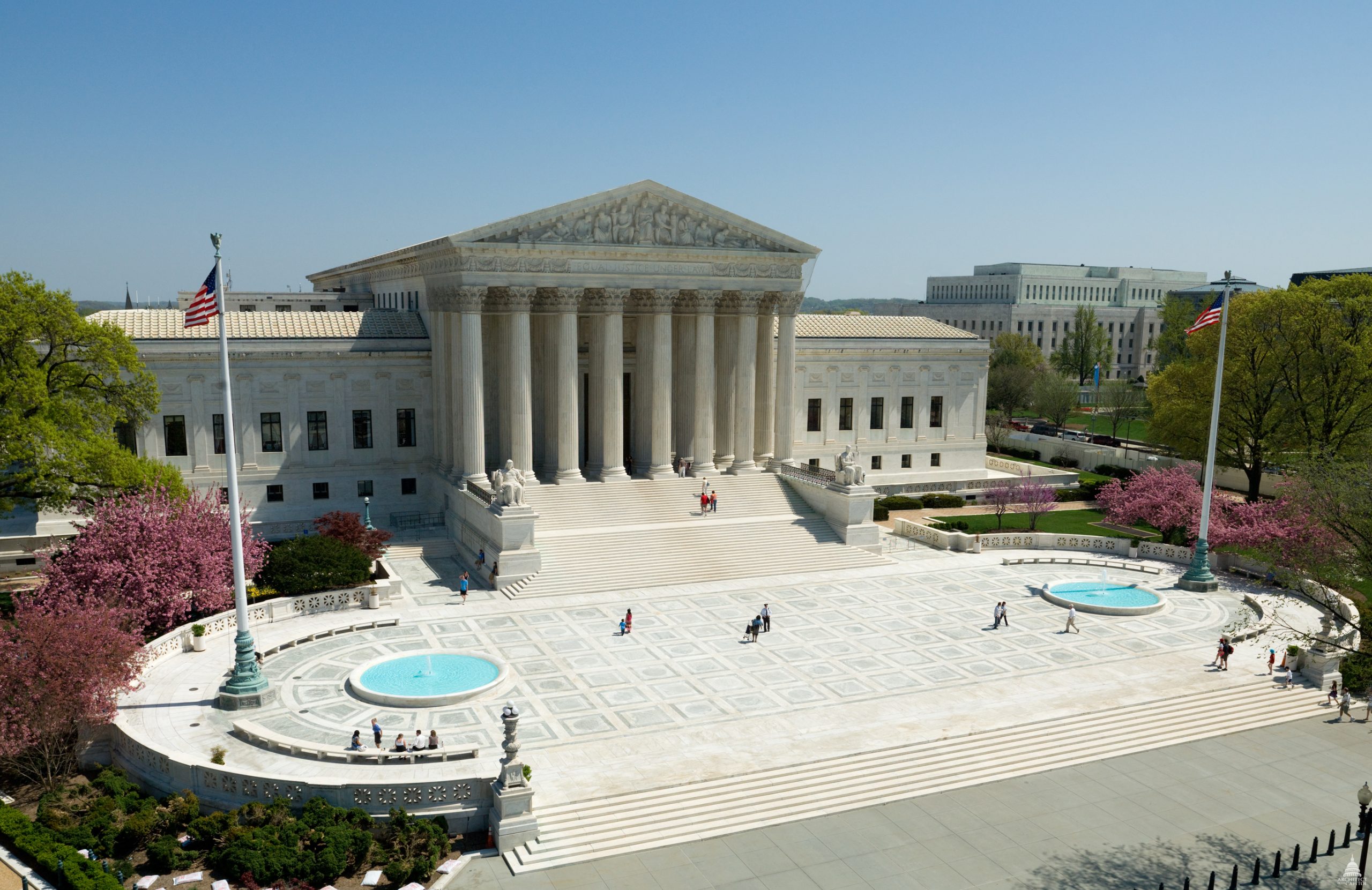A Trump-appointed federal judge has ordered the U.S. government to arrange the return of a Venezuelan asylum seeker who was deported to El Salvador in violation of a binding court settlement. The decision comes amid rising legal scrutiny over the use of wartime-era deportation authority against migrants.
Court: Deportation Violated Settlement
U.S. District Judge Stephanie Gallagher ruled Wednesday that the government’s deportation of a 20-year-old Venezuelan man—identified as “Cristian” in court records—was a breach of a 2024 settlement agreement stemming from a class-action lawsuit originally filed in 2019.
The lawsuit had been brought on behalf of individuals who entered the U.S. as unaccompanied minors and later sought asylum. The settlement allowed class members to remain in the U.S. while their asylum claims were adjudicated.
Gallagher stated the deportation constituted a “breach of contract,” not just a procedural issue. She ordered the government to “make a good faith request to the government of El Salvador” to facilitate Cristian’s return to U.S. custody for proper asylum proceedings.
“Like Judge Xinis in the Abrego Garcia matter, this court will order Defendants to facilitate Cristian’s return,” Gallagher wrote, referencing a similar case involving another migrant wrongly deported under similar circumstances.
Government Invoked Alien Enemies Act
The U.S. government argued that Cristian was no longer protected by the settlement because he had been designated for removal under the Alien Enemies Act (AEA)—a rarely used 18th-century law authorizing wartime deportations without traditional due process.
According to a sworn statement by Robert Cerna, Acting Field Office Director for ICE Enforcement and Removal Operations, Cristian had been convicted in January 2025 of cocaine possession in Texas. He was deported on March 15 under Presidential Proclamation 10,903, which applies to Venezuelan citizens aged 14 or older suspected of gang affiliation, specifically with Tren de Aragua.
Plaintiffs’ attorneys rejected this reasoning, stating the AEA does not negate the protections provided under the settlement. “Allegations that Class Members are subject to the AEA do not exclude them from the Class under the plain terms of the Settlement Agreement,” they argued.
Broader Implications and Additional Cases
The case has attracted attention as a potential precedent-setting dispute over the limits of executive power in immigration enforcement—particularly the use of the AEA. The deportation occurred alongside two other flights carrying suspected gang members to the CECOT “mega-prison” in El Salvador, widely criticized for human rights violations.
The court also intervened in a second case involving an 18-year-old class member named “Javier,” issuing a temporary restraining order to halt his deportation, deeming him likewise protected under the agreement.
What’s Next?
The government must now coordinate with El Salvador to return Cristian to U.S. custody. Gallagher’s ruling may influence other pending cases involving class members deported under the AEA or similar provisions.
The decision, first reported by ABC News, underscores ongoing legal tensions between immigration enforcement priorities and the judicial oversight of due process for vulnerable asylum seekers.
Sources:
- ABC News: Trump-appointed judge orders U.S. to bring back migrant deported to El Salvador
- U.S. District Court, Maryland – Cristian v. United States Department of Homeland Security (2025)
- Presidential Proclamation 10,903 (2025) – Federal Register
- Jurist, April 2025 reporting by legal correspondents
U.S.-Supreme-Court-Building-Picture-on-Wikimedia-by-The-US-Capitol-CC-BY-SA-4-0



